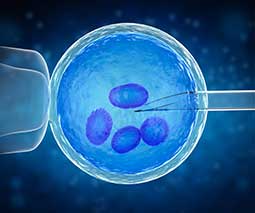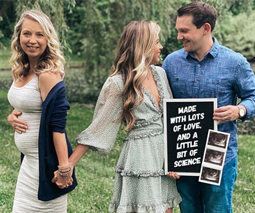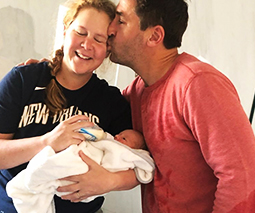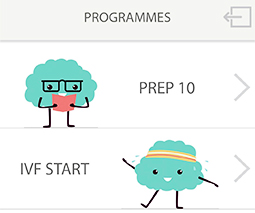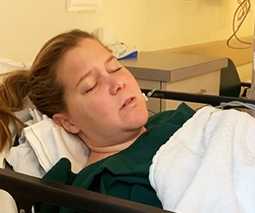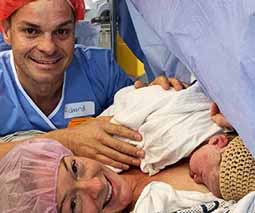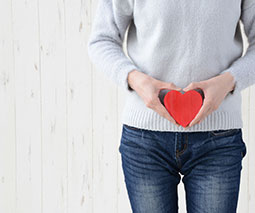What are my options when it comes to my unused embryos?
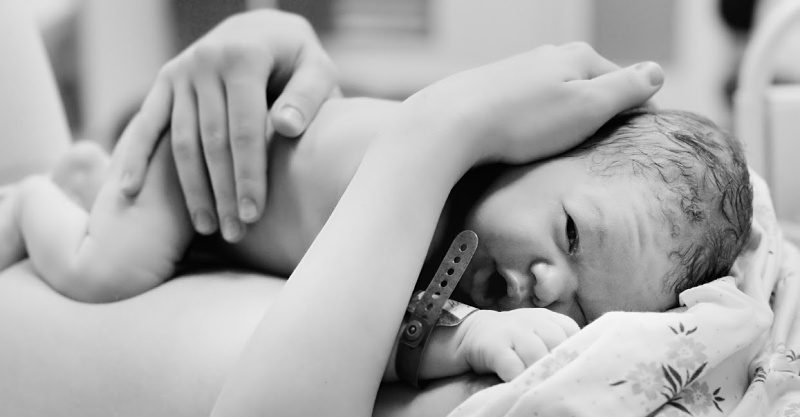
IVF is a successful way for couples to achieve their parenthood dreams, but in some cases, the procedure is leaving families with extra embryos in storage.
So what do you do with them? Well, one option is to donate them so someone else can have a baby.
A bit complicated
According to fertility specialist and gynaecologist, Dr Raelia Lew, while there are couples who might also seek out embryo donation, the majority of recipients in Australia are single women who have exhausted all options for using their own eggs and are already using donor sperm, but for some reason (such as age) it hasn’t worked.
Unfortunately, using a donor embryo is not as simple as requesting and receiving, because embryo donation is still not that common in Australia.
One reason the procedure isn’t very common is that not every fertility clinic actually offers it as an option due to the logistics and specialists involved, and when it is available there are costs involved. But the core reason is there just aren’t that many embryos available for donation, causing long wait periods.
Not many donors
“Generally when couples are in a situation where they’re able to donate embryos they’ve usually completed their family via IVF and have additional embryos in storage,” says Dr Lew.
“However, even then it’s still a minority of people who are actually prepared to donate. Many more do discard or donate them to research – which is another donation option.”
Dr Lew thinks the reason for this is that a lot of people feel like the embryos they have in storage are their own children, and a lot of people have a reluctance to have a child of theirs raised by another family.
“I can understand that, but at the same time embryo donation can be amazing and allow another couple or individual to adopt a child at a very early stage in their life,” she says. “And create a life that otherwise wouldn’t have come into being.”
Read more about fertility options:
- Ever wondered why men become sperm donors? We go straight to the source
- Donor baby: ‘Motherhood on my own has been the greatest adventure of my life’
- IVF swap shop – “Anybody want to trade my girl embryo for a boy?”
More facts
According to Dr Lew, most people keep any additional embryos frozen until they are really sure their family is complete – a decision that can sometimes take a long time to make. However, it can be quite costly to freeze your embryos (IVF Australia charges $550 for six months storage with no medicare rebate available), on top of other admin costs. So for some, discarding or donating is a preferred option. Some people also believe it’s ethically responsible to donate rather than dispose of embryos.
We should note here that embryo donation is just that – a voluntary arrangement where no money is exchanged. And while the woman who gives birth to any child that is born from a frozen embryo is the legal mother, once the child reaches 18 they are allowed to access details of their biological parents and make contact if they wish.
Not all become babies
Of course, as Dr Lew reminds us, not every embryo does, in fact, become a baby. So even if you do decide to donate your unused embryos, it doesn’t necessarily mean it will result in more children being born (that you may eventually meet).
“It’s important to remember that the embryos in storage are usually ones that aren’t considered the most viable. We always transfer the embryos which are of the highest quality and more likely to become a baby, so the ones in storage are of less quality,” she says.
“There’s also a reason why people did IVF in the first place, and while everyone’s different, the embryos may not be as good as someone who hasn’t created one through IVF.”
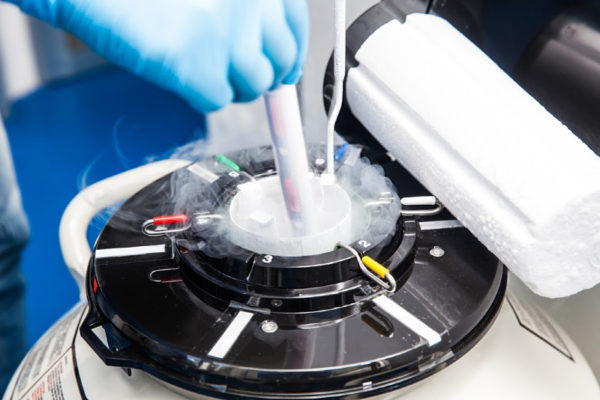
Moving mainstream?
So while embryo donation still has a long way to go before becoming more mainstream in Australia, Dr Lew believes the more we talk about it the easier it will be for those unable to have children.
“To date, there’s been a lot of stigma around fertility and treatments, but it’s becoming less. So having these conversations around embryos and embryo donations is going to help normalise IVF even more,” she says.
And while she believes that as a society we should perhaps be trying to be more proactive rather than reactive (when it comes to fertility issues), embryo donation can be amazing when it happens.
“What’s right for one isn’t right for another, it’s a very personal decision. But it does give people options.”
For more information around embryo donation please visit IVF Australia’s support program website here.
